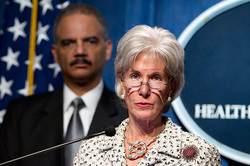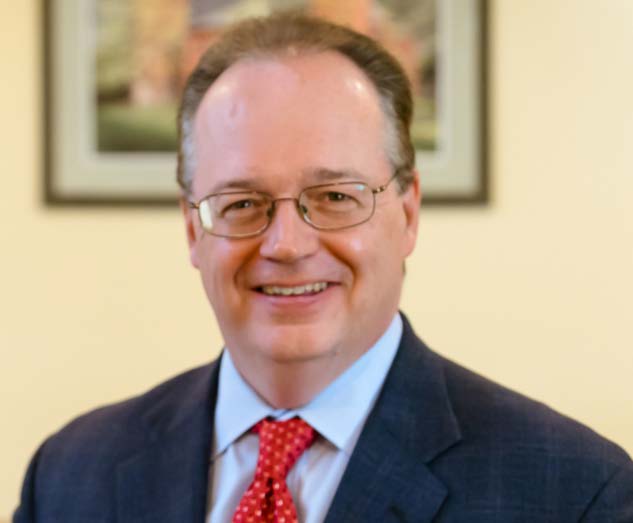 Hospitals that use electronic medical records were able to increase their revenues from Medicare by 47 percent between 2006 and 2010, according to a recent study by The New York Times. Much of the increase was due to changes in the way hospitals submit bills to Medicare. In response to the study, the government issued an extraordinary letter warning doctors and hospitals that it will not tolerate attempts to "game the system." Electronic medical records are supposed to improve patient care and reduce costs by removing the administrative burden of manual record keeping and by making records more readily available to all of a patient's health care professionals. Ironically, some observers believe that more efficient record-keeping may explain why Medicare reimbursement rates have increased. Instead of armies of clerical staff submitting claims based on a doctor’s handwritten notes, the doctors themselves can create all the documentation needed to submit a claim for payment simply by checking boxes on a tablet. And new software packages suggest diagnostic codes that will result in the maximum possible reimbursement rates. The government, however, is concerned that electronic medical records also create new opportunities for fraud. In their warning letter to hospitals, Attorney General Eric Holder and Health and Human Services Secretary Kathleen Sebelius noted that electronic medical records may be used to facilitate "upcoding," which is the practice of using a diagnostic code that results in a higher reimbursement rate than the actual treatment justifies. They also noted that electronic medical records make it easier to create false claims by "cloning" information to create multiple claims for a single treatment. The government's letter warned that it will vigorously investigate and prosecute any doctors or hospitals involved in making false claims to government health care programs. Separately, the Centers for Medicare and Medicaid Services (CMS) has received funding and authority under the Affordable Care Act to increase the number of audits and investigations. Given the amount of money involved -- an increase of more than $1 billion over the past five years -- this could mark the next stage in an increasingly aggressive government effort to investigate and prosecute Medicare fraud. John Howley New York, New York The information you obtain at this site is not, nor is it intended to be, legal advice. You should consult an attorney for advice regarding your individual situation. I invite you to contact our law offices and welcome your calls, letters and electronic mail. Contacting us does not create an attorney-client relationship. Please do not send any confidential information to us until such time as an attorney-client relationship has been established. I practice law and offer legal services only in jurisdictions where I am properly authorized to do so. I do not seek to represent anyone in any jurisdiction where this web site does not comply with applicable laws and bar rules.
0 Comments
Your comment will be posted after it is approved.
Leave a Reply. |
John Howley, Esq.
(212) 601-2728 |
